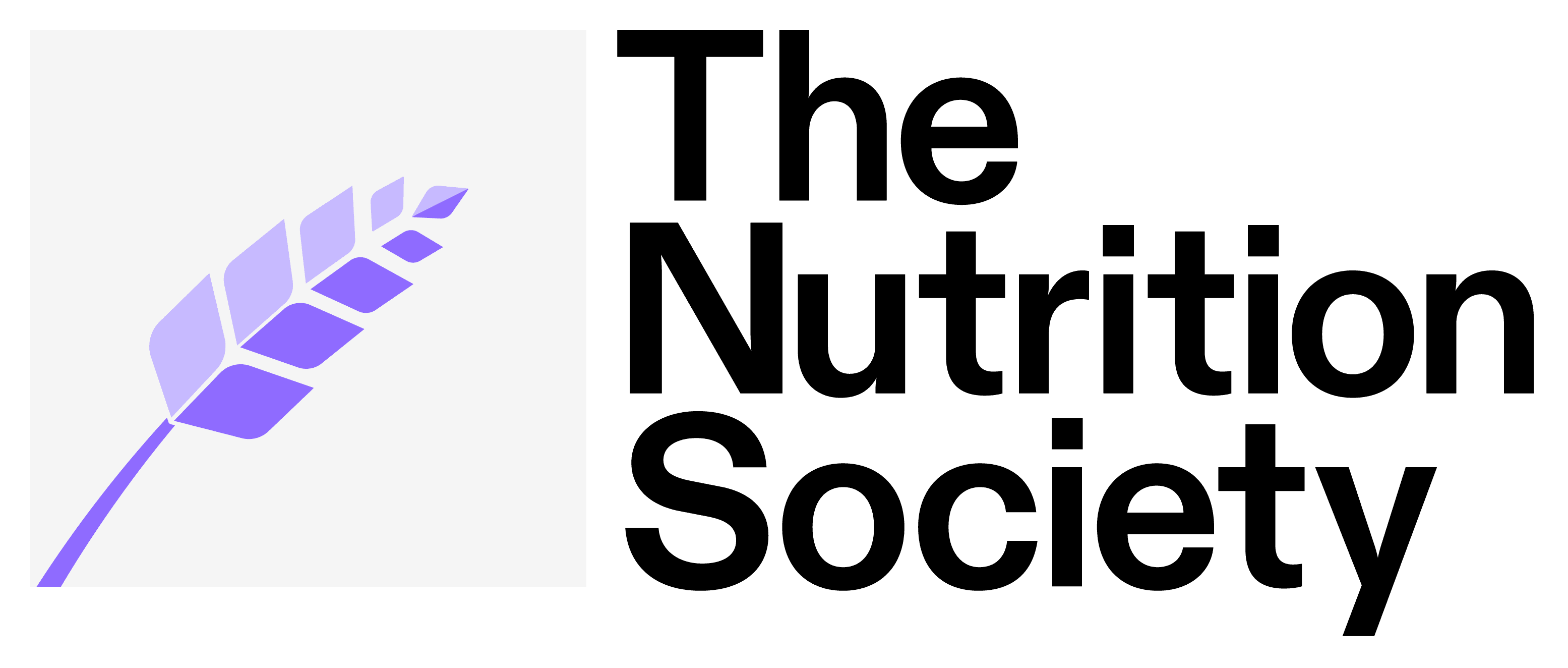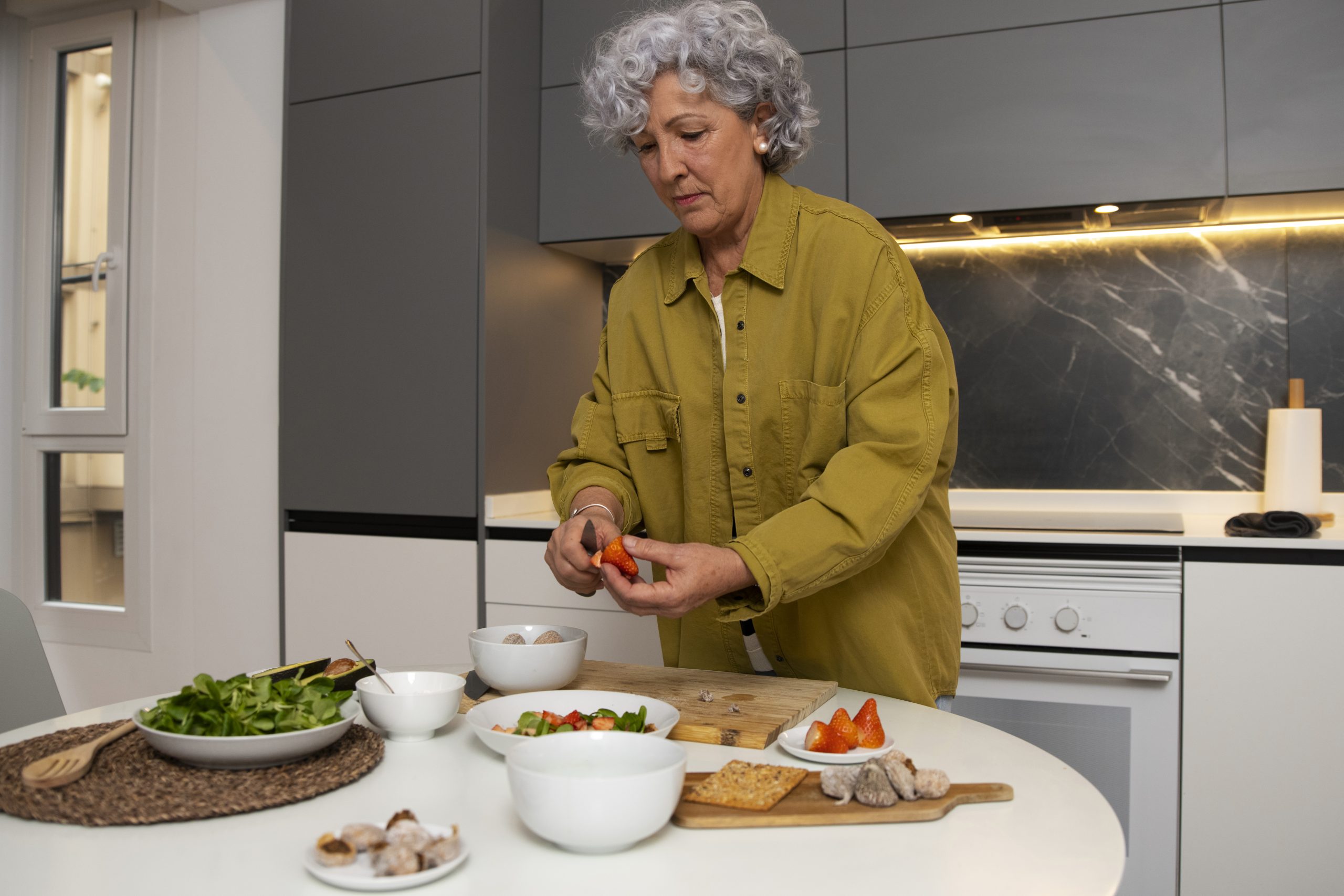Menopausal transition is associated with weight gain and increased visceral fat distribution and certain metabolic disorders, including type 2 diabetes and cardiovascular diseases. With an ageing population there is therefore a greater need for nutritional strategies to support menopausal women, and for those advising the population to be well informed. However, as yet there are no specific dietary guidelines to manage weight during this life stage. Join Dr Giovanna Muscourgi as she analyses weight control management during the menopause, with a particular focus on the Mediterranean diet. You will analyse at the Mediterranean diet characteristics and the anti-inflammatory and antioxidant actions of foods such as extra-virgin olive oil, vegetables, fruits, legumes, nuts, and whole-grain cereals. Further to this, you will look at the evidence showing that the Mediterranean diet can support weight control through the menopause. Conclusively, you will compare preventing cardiovascular and metabolic diseases through the Mediterranean diet alongside pharmacological interventions, seeing which comes out best.
What will I gain from this webinar
- You will be able to describe the physiological and behavioural mechanisms that underly increased risks of cardiometabolic diseases and obesity in menopause.
- Be able to critically appraise the strength of the evidence for the effects of the Mediterranean diet on markers of cardiometabolic disease risk and menopause-related symptoms.
- An understanding of how the Mediterranean diet can reduce markers of cardiometabolic disease risk, weight gain and changes in body composition, as well as implications for practice.

Endorsement No EN175.62

